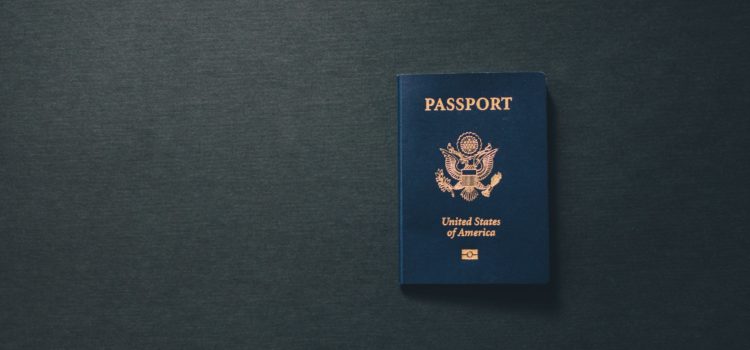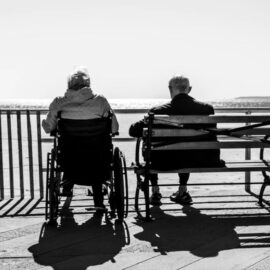

This article is an excerpt from the Shortform summary of "Permanent Record" by Edward Snowden. Shortform has the world's best summaries of books you should be reading.
Like this article? Sign up for a free trial here .
What is the relationship between WikiLeaks, Snowden, and whistleblowing? How did Julian Assange and Edward Snowden work together to secure Ed’s asylum?
After the leak, the US government wanted to extradite Snowden. WikiLeaks offered to help him avoid that fate. Read how WikiLeaks, Snowden, and luck combined after Ed blew the whistle.
WikiLeaks: Snowden Determined It Was Not Right Option for His Leak
Ed couldn’t blow the whistle by talking to someone higher up the chain of command because the highest authorities knew—and had authorized—mass surveillance.
Ed decided he needed an institution or a person to release the information to prove authenticity, mitigate his biases, and help explain the information. He considered WikiLeaks. Snowden decided against it because he felt this would be too much like self-publishing—WikiLeaks would simply present the documents, unredacted and without context.
Snowden: WikiLeaks Provides Help After Leak
The US government charged Ed under the Espionage Act for divulging top secret documents and called for his extradition. The government of Hong Kong wouldn’t protect him and he tried to get to Ecuador with the help of WikiLeaks, an organization that publishes leaks and classified information. Ed couldn’t fly direct and ended up stranded in Russia when the US canceled his passport.
Ecuador: Asylum for Julian Assange and Edward Snowden?
Ecuador and the US aren’t on particularly friendly terms. In 2013, Ecuador also supported political asylum and the Ecuadorian embassy in London hosted Julian Assange of WikiLeaks.
Julian Assange, founder of WikiLeaks, wanted to help Ed. A lot of people thought he had selfish motives for this, but reflecting back, Ed thinks Assange believed in the public’s right to know and simply wanted to help Ed stay out of prison. (A previous whistleblower who had been involved with WikiLeaks, Chelsea Manning, had gone to prison.) Assange couldn’t personally help because he was also avoiding extradition, so he helped through Sarah Harrison, an editor for WikiLeaks and a journalist.
Sarah helped Ed because of her own conscience. She believed that journalism should challenge the government more than it did and wanted Ed to have a “better outcome.” (She never explained whose or what outcome she was referring to).
Sarah flew to Hong Kong and set Ed up with a laissez-passer—a UN travel document that was usually used for refugees who needed to cross borders. Sarah traveled with Ed and on June 23, they landed in Sheremetyevo in Moscow.
Asylum in Russia
After 40 days in the airport, Ed eventually got temporary asylum from Russia. The president of Bolivia had attended the Gas Exporting Countries Forum in Moscow, and when he left, the US diverted his plane to Vienna because they thought he had Ed aboard (the president had expressed solidarity for Ed).
This was hugely insulting to Russia and they knew the US would do the same thing again if they ever suspected Ed was on another plane. As a result, Ed got his asylum. Sarah got to go home, and Ed stayed in Russia, where he still lives as of 2019.

———End of Preview———
Like what you just read? Read the rest of the world's best summary of Edward Snowden's "Permanent Record" at Shortform .
Here's what you'll find in our full Permanent Record summary :
- What Ed Snowden discovered that caused him to completely lose faith in the government
- How Snowden led the bombshell reports of US mass surveillance
- How Snowden is coping with his treatment as both patriot and traitor






